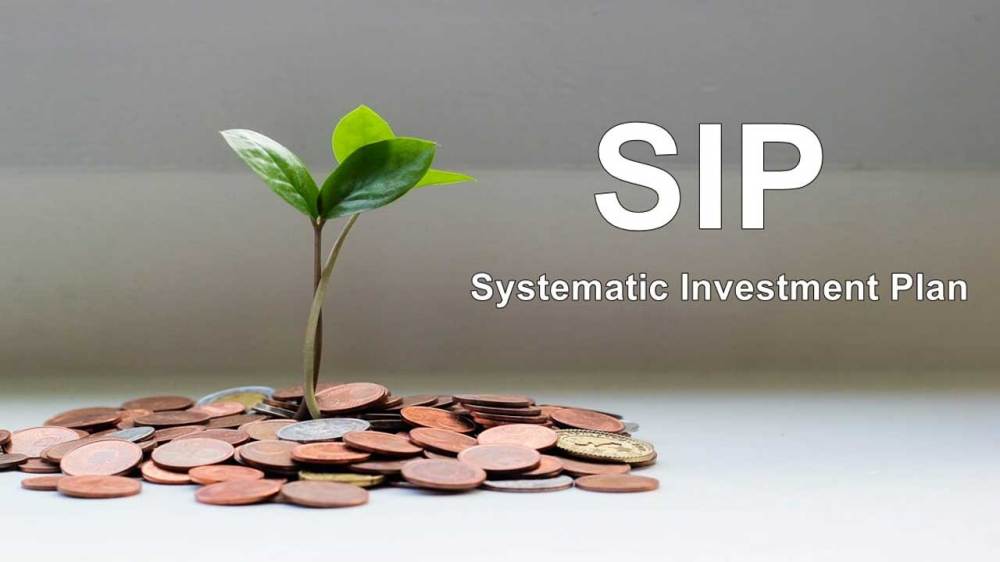
The Union Budget presented on Tuesday has increased taxes on short term capital gains (STCG) and long term capital gains (LTCG) on equity-linked funds.
This increase will have a direct impact on investors and they will have to pay more tax on their capital gains to lighten their pockets. If this increase is understood in the context of Systematic Investment Plan (SIP), then equity funds will have to pay more tax of Rs 94,095 instead of Rs 77,456 on a 60-month plan of Rs 50,000. The increase in capital gains by the government has created a double dilemma for investors investing in mutual funds (MF). In the budget, the government has increased the STCG tax on equity mutual funds from the current 15 per cent to 20 per cent. While LTCG tax has been increased from ten per cent to 12.5 per cent. However, there is a relief news. The government has increased the limit of exemption on LTCG tax from Rs one lakh to Rs 1.25 lakh in a financial year. Mutual funds are the most preferred option for Indian investors to get more benefits in the equity market. Since breaking the barrier for the first time in April 2024, monthly investments through SIPs have crossed a record Rs 20,000 crore. On the other hand, experts believe that despite the increase in equity gains tax, mutual funds will remain attractive to investors compared to other asset classes. The increase in tax rates cannot be expected to have a significant impact on flows into equity mutual funds.
Also, the budget has reduced the rate of capital gains tax on gold funds or gold exchange traded funds (ETFs), foreign funds and fund of funds (FOFs), debt mutual funds. However, the tax will be applicable at the rate of income tax. Let us now explain in detail how the tax on capital gains from equity funds will change after the Budget 2024 proposals. Each installment of a systematic investment plan (SIP) is treated as a separate investment for tax purposes. For example, if you invest Rs. per month in equity mutual funds through SIP. 10,000, each installment will be treated separately to determine the holding period and applicable tax rate. One thing to keep in mind is that mutual fund investments follow a first come first out (FIFO) approach, in which mutual fund units are redeemed. Long-term investors may have to pay slightly higher tax as the LTCG tax has increased from 10 per cent to 12.5 per cent. Of course, raising the exemption limit to Rs 1.25 lakh may give a marginal benefit to small investors. An increase in STCG from 15 per cent to 20 per cent will impact short-term equity investors.
According to experts, the wide gap between STCG and LTCG rates is to encourage long-term holdings. Which fits in with the vision of sustainable wealth creation. This move is also a step towards standardization of taxes across different asset classes.
 look news india
look news india